


South Korean citizens planning to visit Vietnam need to be aware of the visa requirements to ensure a smooth entry. Vietnam provides several visa options, including the easily accessible eVisa. This guide will help you understand the different visa types available to South Korean passport holders, the application process, and essential tips for stress-free travel. Explore the requirements and follow our comprehensive guide to make your trip to Vietnam seamless and enjoyable.
Explore the rich culture and stunning landscapes of Vietnam! South Korean citizens are required to obtain a Vietnam visa for purposes such as tourism, business, or family visits. Learn about the Vietnam visa requirements, the application process, and essential travel regulations. Whether you're applying for an eVisa or a traditional visa, the process is straightforward and hassle-free.
Key Points:Vietnam provides different visa options for South Korean citizens based on the purpose of their visit:
The Vietnam eVisa is a convenient and efficient option for South Korea passport holders, allowing them to apply online without needing to visit a Vietnamese embassy or consulate. The eVisa is suitable for short-term visits for tourism or business purposes.
Key Points:




If you plan to extend your stay in Vietnam, here's what you need to know:
Explore Vietnam's stunning landscapes and vibrant cities:
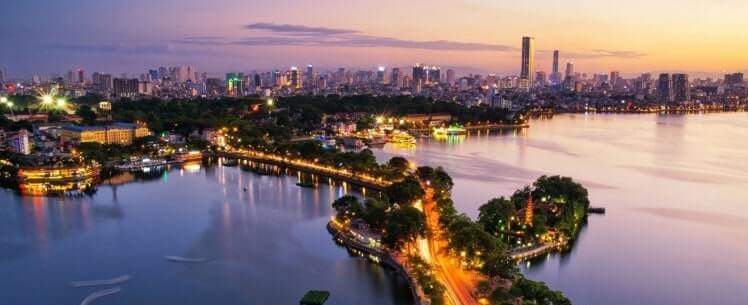
Vietnam's capital offers a perfect blend of ancient charm and modern vibrancy. South Korea visitors should explore:
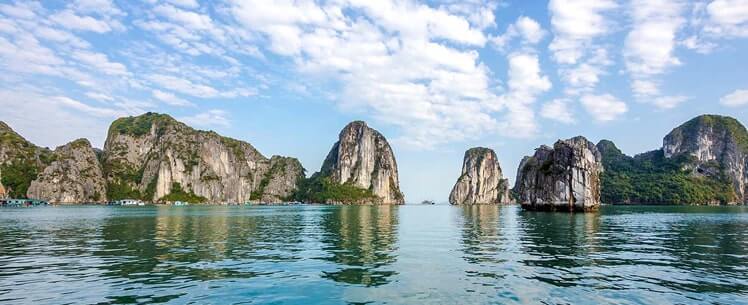
This UNESCO World Heritage site is a must-visit for its stunning limestone karsts and emerald waters. Activities include:

This well-preserved ancient town charms visitors with its lantern-lit streets and rich history. Don't miss:
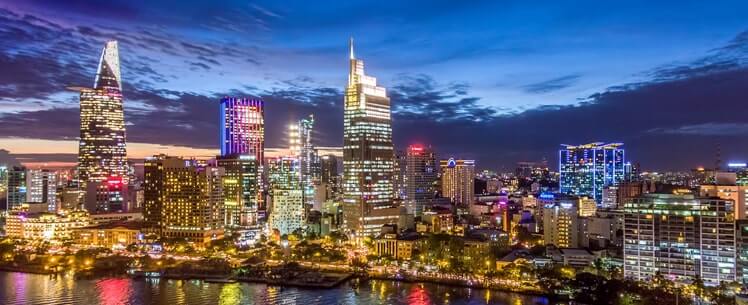
Formerly known as Saigon, this bustling metropolis offers:
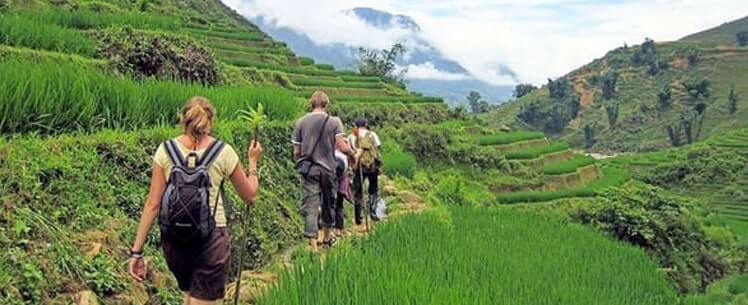
This northern mountain town is perfect for adventure-seeking South Koreaers:
Vietnam has a diverse climate, with different regions experiencing varying weather patterns. The best time to visit depends on the region you plan to explore. Generally, the months of November to April offer pleasant weather for traveling throughout the country.

Ensure a safe and healthy trip to Vietnam:

Manage your finances wisely while in Vietnam:

Understanding and respecting local customs is key to a pleasant stay:
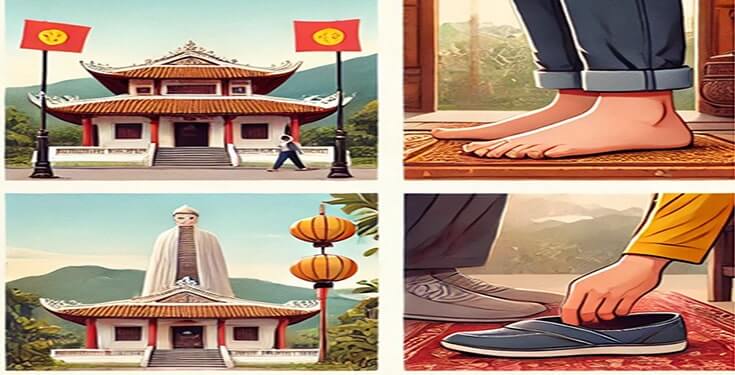
Communicating effectively will enhance your travel experience:

Transportation options vary across Vietnam:


Vietnamese cuisine is known for its fresh ingredients and unique flavors:
Here are some final tips to help you make the most of your trip to Vietnam:
A Vietnam visa is an official document or stamp that allows South Korea citizens to enter, travel within, and leave Vietnam. It is mandatory unless the traveler is from a visa-exempt country.
South Korea citizens can apply for a Vietnam visa either online for an e-Visa or in-person at a Vietnamese embassy or consulate. The e-Visa is the most convenient method, allowing upto 90 days on single or multiple entry.
South Korea citizens need a valid passport with at least six months of validity beyond their planned stay, a passport-sized photo, and a completed visa application form. Payment for visa fees is also required.
The processing time for a Vietnam e-Visa is typically 4 to 5 working days. For applications submitted at an embassy or consulate, the processing time may vary depending on the specific location.
The Vietnam e-Visa for South Korea citizens is valid for 30-90 days with a single/multiple entry. For longer stays or multiple entries, a different visa type must be applied for through an embassy or consulate.
Yes, South Korea citizens can apply for a visa extension through the Vietnam Immigration Department or via an authorized visa agency. The extension process must be initiated before the current visa expires.
The cost of a Vietnam visa for South Korea citizens varies depending on the type of visa. The e-Visa fee is typically around $25-50 USD excluding additional charges as Process and Admin charges.
Yes, South Korea citizens can apply for a Visa on Arrival (VOA) if they have obtained a pre-approval letter from a Vietnamese visa agency. This visa option is only available for those arriving in Vietnam by air.
While health insurance is not a mandatory requirement for obtaining a Vietnam visa, it is highly recommended that South Korea citizens secure travel health insurance to cover potential medical expenses during their stay.
If a Vietnam visa application is denied, South Korea citizens should contact the Vietnamese embassy or consulate for clarification on the denial reasons and follow the guidance provided to correct any issues or reapply.